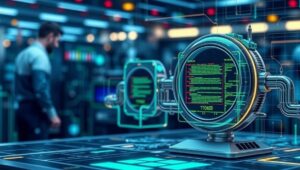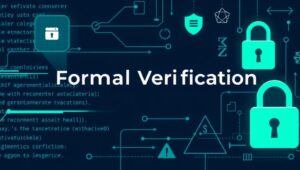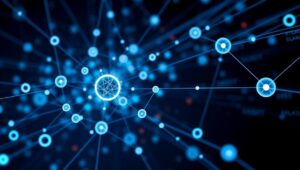The Role of AI in Software Engineering (AI-Generated Code – 2027)
The Evolving Landscape of AI in Software Engineering (2027) Artificial intelligence (AI) has dramatically reshaped numerous industries, and software engineering is no exception. By 2027, AI’s role has evolved far beyond simple automation, influencing every stage of the software development lifecycle. This article explores the current impact of AI on software engineering, focusing on AI-generated code and its implications for the future. The Rise of AI-Generated Code AI-generated code refers to the use of AI models, particularly large language models (LLMs), to automatically produce source code. These AI systems are trained on vast datasets of existing code, enabling them to






